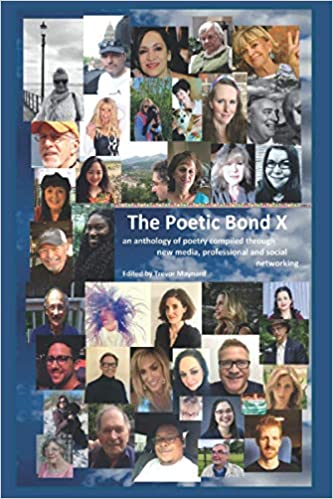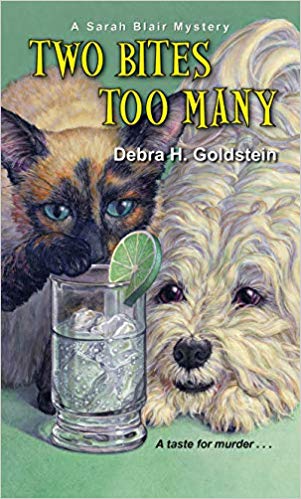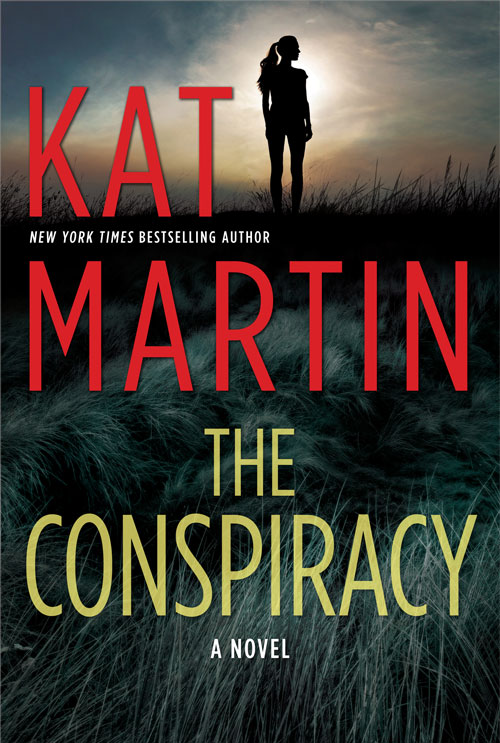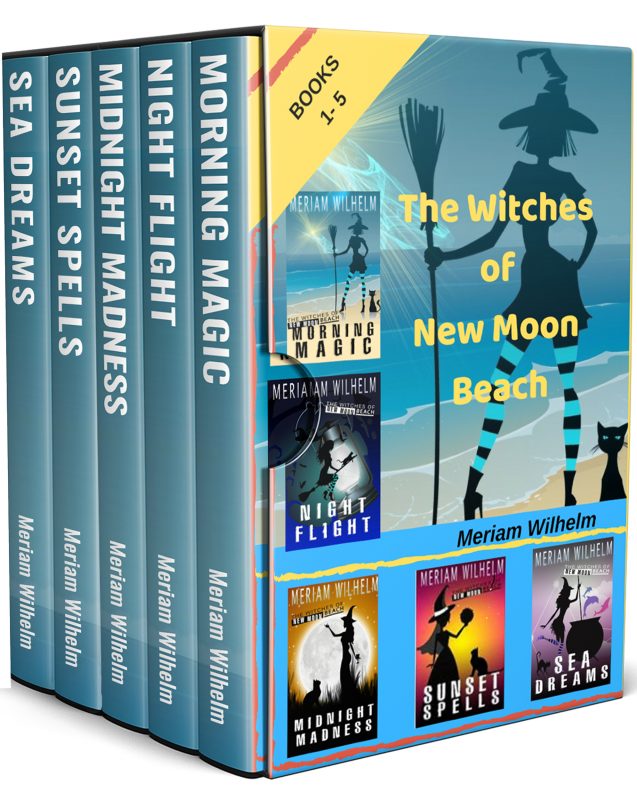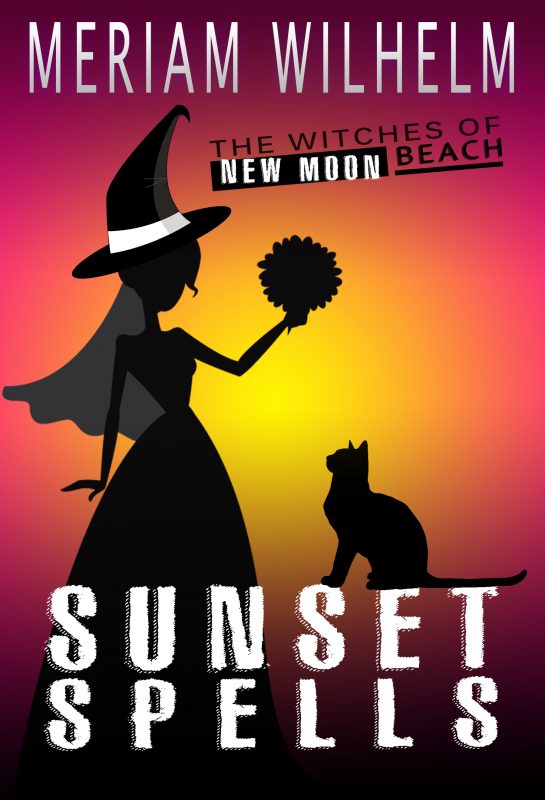Gazelle Intensity
November 9, 2012 by A Slice of Orange in category Archives tagged as It's Worth It, Kitty Bucholtz I almost can’t believe it, but I met four deadlines last month! I don’t think I’ve ever done that in my writing life. Maybe the only time I’ve accomplished so much in such a short space of time is for school/college. But the point is – I did it.
I almost can’t believe it, but I met four deadlines last month! I don’t think I’ve ever done that in my writing life. Maybe the only time I’ve accomplished so much in such a short space of time is for school/college. But the point is – I did it. John and I are participating in Dave Ramsey’s Financial Peace University, a money management course designed to get you out of debt and keep you out forever. In one of the lessons, Dave shows a video of a leopard chasing a gazelle. Even though the leopard can run faster than the gazelle, the gazelle got away! Why? Because the gazelle could make quick leaps out of the leopard’s path faster than he could move to intercept. The gazelle only has to keep this up for a short intense period until the leopard gives up and looks for easier prey.
John and I are participating in Dave Ramsey’s Financial Peace University, a money management course designed to get you out of debt and keep you out forever. In one of the lessons, Dave shows a video of a leopard chasing a gazelle. Even though the leopard can run faster than the gazelle, the gazelle got away! Why? Because the gazelle could make quick leaps out of the leopard’s path faster than he could move to intercept. The gazelle only has to keep this up for a short intense period until the leopard gives up and looks for easier prey. National Novel Writing Month is about gazelle intensity. Hundreds of thousands of people around the world are finding it can work for their writing life. But it works in every area of life. What do you really need to get done? Not just urgent things, but important things. Piles of paperwork? Haphazard, overcrowded home? Behind in something you could finish if you just really applied yourself for a few weeks?
National Novel Writing Month is about gazelle intensity. Hundreds of thousands of people around the world are finding it can work for their writing life. But it works in every area of life. What do you really need to get done? Not just urgent things, but important things. Piles of paperwork? Haphazard, overcrowded home? Behind in something you could finish if you just really applied yourself for a few weeks?4 Ways to Meet Your Writing Goals
October 9, 2012 by A Slice of Orange in category Archives tagged as It's Worth It, Kitty Bucholtz, Routines for WritersWriting Routines
Periodic Reevaluations
Willingness to Change
Decide Now to Keep Going Later
Bullet Points
- Create writing routines that help you to keep going, step after step after step, getting a little done at a time so that you accomplish your annual goals by the end of the year
- Periodically reevaluate your goals and your progress, at least quarterly, deciding if you need to make any changes
- Be willing to make changes, either to your goals and/or your tactics in trying to accomplish your goals
- Decide now what your plan is to not quit later when times are tough, and another plan for what you’ll do with extra time
What Are My Options?
September 9, 2012 by A Slice of Orange in category Archives tagged as It's Worth It, Kitty Bucholtz One option that worked out for me was choosing to get involved in two self-published anthologies. The first one, Romancing the Pages, will come out in September as an ebook – see the lovely cover here. My superhero short story “Hero in Disguise” is one of nineteen short stories I hope you enjoy. In a few months, another anthology will be published with a dozen or so short stories written by my friends in my Sydney writer’s group. Another group of stories I think you’ll enjoy. My “Rescue at Loon Lake” is a fun little precursor to my novel Love at the Fluff and Fold.
One option that worked out for me was choosing to get involved in two self-published anthologies. The first one, Romancing the Pages, will come out in September as an ebook – see the lovely cover here. My superhero short story “Hero in Disguise” is one of nineteen short stories I hope you enjoy. In a few months, another anthology will be published with a dozen or so short stories written by my friends in my Sydney writer’s group. Another group of stories I think you’ll enjoy. My “Rescue at Loon Lake” is a fun little precursor to my novel Love at the Fluff and Fold.My Creativity is Currently in the Warehouse (13)
August 9, 2012 by A Slice of Orange in category Archives tagged as creativity, goodreads, It's Worth It, Kitty Bucholtz, Routines for Writers, TV, What Inspires You I’m on a Warehouse 13 marathon right now. Even though we’re watching episodes we’ve seen, starting at Season 1, Episode 1, I still love it. That’s the great thing about stories you love. You can enjoy them over and over again.
I’m on a Warehouse 13 marathon right now. Even though we’re watching episodes we’ve seen, starting at Season 1, Episode 1, I still love it. That’s the great thing about stories you love. You can enjoy them over and over again. Add to all that, my jump from wanting to know more about how the brain works to finding books explaining it to me, and I’ve added yeast to the bread mix. I mean that in terms of rising and growing, not in terms of becoming gaseous and fermenting. Though the fermenting part is making me think of wine, which reminds me of living in Australia, which reminds me of some of the unexpectedly creative pieces I wrote in uni. (Now that I have Australia-brain, my brain is using Australian terms. “Uni” is short for university, i.e., my master’s in creative writing program.) And using Aussie vocabulary reminds me of my friends whom I miss terribly, which reminds me I was going to call Verizon this week and get that international calling plan, which makes me think about having some international characters in my superhero novels, which makes me think of the Cowboy character I created for a short story that went nowhere. Now I just need to figure out how to get an Australian superhero named Cowboy, and his super horse, across the ocean to Michigan where my superheroes are living.
Add to all that, my jump from wanting to know more about how the brain works to finding books explaining it to me, and I’ve added yeast to the bread mix. I mean that in terms of rising and growing, not in terms of becoming gaseous and fermenting. Though the fermenting part is making me think of wine, which reminds me of living in Australia, which reminds me of some of the unexpectedly creative pieces I wrote in uni. (Now that I have Australia-brain, my brain is using Australian terms. “Uni” is short for university, i.e., my master’s in creative writing program.) And using Aussie vocabulary reminds me of my friends whom I miss terribly, which reminds me I was going to call Verizon this week and get that international calling plan, which makes me think about having some international characters in my superhero novels, which makes me think of the Cowboy character I created for a short story that went nowhere. Now I just need to figure out how to get an Australian superhero named Cowboy, and his super horse, across the ocean to Michigan where my superheroes are living. I like Katie. I like her so much that I like to play with her even though she’s a little girl and I’m a grown
I like Katie. I like her so much that I like to play with her even though she’s a little girl and I’m a grown My Author Crush Faves
March 9, 2012 by A Slice of Orange in category Archives tagged as Cat Weatherill, Dr. Debra Holland, It's Worth It, Jacqueline Diamond, James Scott Bell, Janice Cantore, Kathleen Wright, Kitty Bucholtz, Lauraine Snelling, PJ Sharon, Routines for Writers, Stephanie S. Saunders What a great month! I love Author Crush month at Routines for Writers. There is always someone you never heard of who becomes a new fave. I might’ve picked up three new favorites!
What a great month! I love Author Crush month at Routines for Writers. There is always someone you never heard of who becomes a new fave. I might’ve picked up three new favorites! Thanks to Gail Carson Levine, I am more determined to write wherever I have to, whenever I have to. I was ten minutes early for Bible study this week, so I turned on the inside light in the car, and wrote another few lines of my latest short story.
Thanks to Gail Carson Levine, I am more determined to write wherever I have to, whenever I have to. I was ten minutes early for Bible study this week, so I turned on the inside light in the car, and wrote another few lines of my latest short story.Affiliate Links
A Slice of Orange is an affiliate with some of the booksellers listed on this website, including Barnes & Nobel, Books A Million, iBooks, Kobo, and Smashwords. This means A Slice of Orange may earn a small advertising fee from sales made through the links used on this website. There are reminders of these affiliate links on the pages for individual books.
Search A Slice of Orange
Find a Column
Archives
Featured Books
TWO BITES TOO MANY
Far from a domestic goddess, Sarah Blair would rather catch bad guys than slave over a hot stove. But when a dangerous murder boils over in Wheaton, Alabama, catching the killer means leaving her comfort zone …
More info →THE CONSPIRACY
When family ambition turns deadly Chase Garrett must keep Harper safe and both of them alive.
More info →THE WITCHES OF NEW MOON BEACH BOXED SET
A touch of witchcraft around every corner.
More info →SUNSET SPELLS
When a cruel and evil wizard threatens Olivia and her wedding plans you may be surprised to see who steps in to save the day.
More info →Newsletter
Contributing Authors
Search A Slice of Orange
Find a Column
Archives
Authors in the Bookstore
- A. E. Decker
- A. J. Scudiere
- A.J. Sidransky
- A.M. Roark
- Abby Collette
- Alanna Lucus
- Albert Marrin
- Alice Duncan
- Alina K. Field
- Alison Green Myers
- Andi Lawrencovna
- Andrew C Raiford
- Angela Pryce
- Aviva Vaughn
- Barbara Ankrum
- Bethlehem Writers Group, LLC
- Carol L. Wright
- Celeste Barclay
- Christina Alexandra
- Christopher D. Ochs
- Claire Davon
- Claire Naden
- Courtnee Turner Hoyle
- Courtney Annicchiarico
- D. Lieber
- Daniel V. Meier Jr.
- Debra Dixon
- Debra H. Goldstein
- Debra Holland
- Dee Ann Palmer
- Denise M. Colby
- Diane Benefiel
- Diane Sismour
- Dianna Sinovic
- DT Krippene
- E.B. Dawson
- Emilie Dallaire
- Emily Brightwell
- Emily PW Murphy
- Fae Rowen
- Faith L. Justice
- Frances Amati
- Geralyn Corcillo
- Glynnis Campbell
- Greg Jolley
- H. O. Charles
- Jaclyn Roché
- Jacqueline Diamond
- Janet Lynn and Will Zeilinger
- Jaya Mehta
- Jeannine Atkins
- Jeff Baird
- Jenna Barwin
- Jenne Kern
- Jennifer D. Bokal
- Jennifer Lyon
- Jerome W. McFadden
- Jill Piscitello
- Jina Bacarr
- Jo A. Hiestand
- Jodi Bogert
- Jolina Petersheim
- Jonathan Maberry
- Joy Allyson
- Judy Duarte
- Justin Murphy
- Justine Davis
- Kat Martin
- Kidd Wadsworth
- Kitty Bucholtz
- Kristy Tate
- Larry Deibert
- Larry Hamilton
- Laura Drake
- Laurie Stevens
- Leslie Knowles
- Li-Ying Lundquist
- Linda Carroll-Bradd
- Linda Lappin
- Linda McLaughlin
- Linda O. Johnston
- Lisa Preston
- Lolo Paige
- Loran Holt
- Lynette M. Burrows
- Lyssa Kay Adams
- Madeline Ash
- Margarita Engle
- Marguerite Quantaine
- Marianne H. Donley
- Mary Castillo
- Maureen Klovers
- Megan Haskell
- Melanie Waterbury
- Melisa Rivero
- Melissa Chambers
- Melodie Winawer
- Meriam Wilhelm
- Mikel J. Wilson
- Mindy Neff
- Monica McCabe
- Nancy Brashear
- Neetu Malik
- Nikki Prince
- Once Upon Anthologies
- Paula Gail Benson
- Penny Reid
- Peter J Barbour
- Priscilla Oliveras
- R. H. Kohno
- Rachel Hailey
- Ralph Hieb
- Ramcy Diek
- Ransom Stephens
- Rebecca Forster
- Renae Wrich
- Roxy Matthews
- Ryder Hunte Clancy
- Sally Paradysz
- Sheila Colón-Bagley
- Simone de Muñoz
- Sophie Barnes
- Susan Kaye Quinn
- Susan Lynn Meyer
- Susan Squires
- T. D. Fox
- Tara C. Allred
- Tara Lain
- Tari Lynn Jewett
- Terri Osburn
- Tracy Reed
- Vera Jane Cook
- Vicki Crum
- Writing Something Romantic
Affiliate Links
A Slice of Orange is an affiliate with some of the booksellers listed on this website, including Barnes & Nobel, Books A Million, iBooks, Kobo, and Smashwords. This means A Slice of Orange may earn a small advertising fee from sales made through the links used on this website. There are reminders of these affiliate links on the pages for individual books.







